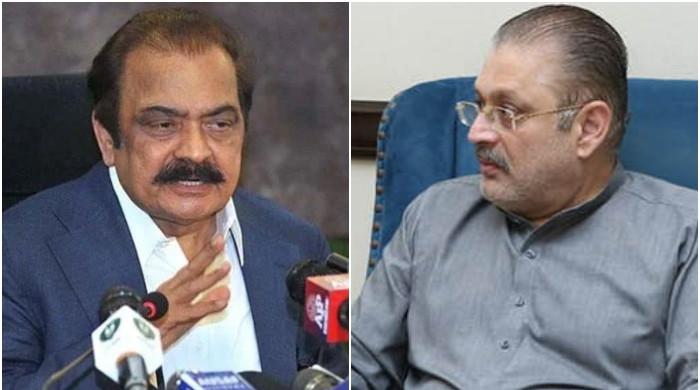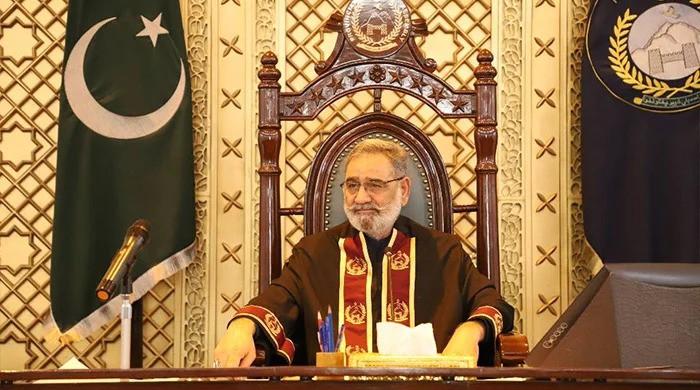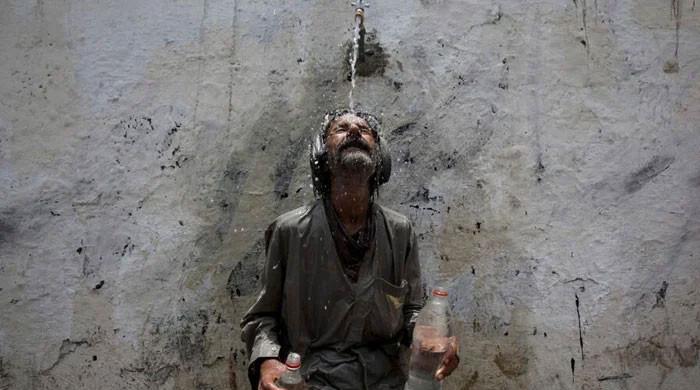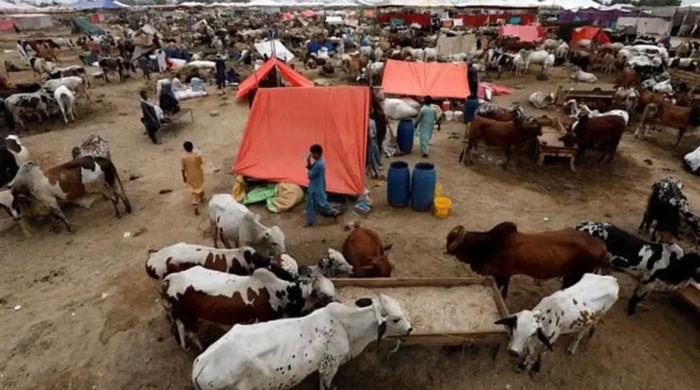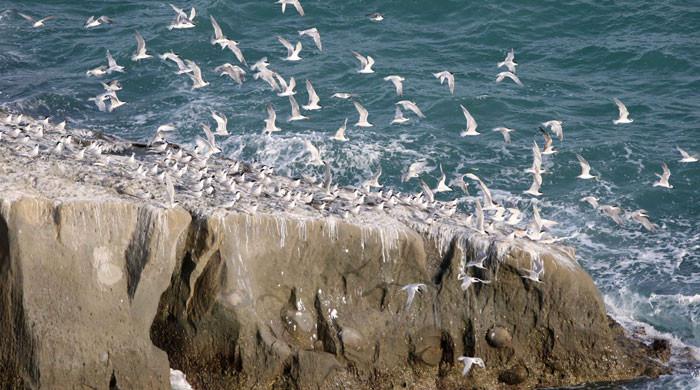Musharraf approaches SC to suspend special court ruling in high treason case
Barrister Salman Safdar approaches top court on behalf of former president with 65-page appeal against ruling
January 16, 2020
Former president Pervez Musharraf on Thursday approached the Supreme Court to challenge the ruling of a special court that had handed him a death sentence on charges of high treason late last year.
Barrister Salman Safdar, the counsel for the former military dictator, submitted the petition challenging the special court verdict in the top court today. In the petition, the former president urged the Supreme Court to declare the special court ruling null and void.
The special court had on December 17 convicted Musharraf for high treason under Article 6 of the Constitution and handed him the death penalty on five counts in a 2-1 majority verdict. Subsequently, Musharraf had approached the Lahore High Court (LHC) with three petitions against the conviction.
Also read: Formation of special court to try Pervez Musharraf unlawful, expert tells LHC
In his approach to the LHC, the former president had challenged not only the conviction, but also the formation of the special court that handed him the death penalty for high treason, as well as the complaint filed against him by the government of former prime minister Nawaz Sharif.
The LHC had subsequently termed as 'unconstitutional' the formation of the special court and also ruled that the amended Article 6 of the Constitution could not be applied in the case 'ex post facto' (retrospectively).
In the 65-page petition filed before the top court today, Musharraf claimed that he was not given a fair trial by the special court. The petition also argued that the SC should suspend the ruling of the special court until the top court reviews the case.
According to the appeal filed before the court, Musharraf had also pleaded that the special court ruling in the high treason case is not consistent with the principles of Islam. The appeal claims that the ruling in the case is against the basic tenets of an Islamic state.
The counsel for the former president has further noted that Musharraf was not allowed his right to appoint a lawyer in the case, and the verdict issued had been announced without his presence in the courtroom.
The complaint registered against the former president that resulted in the trial has also been challenged in court, with the counsel for Musharraf claiming that the permission of the federal government had not been sought before the case was brought to trial.




